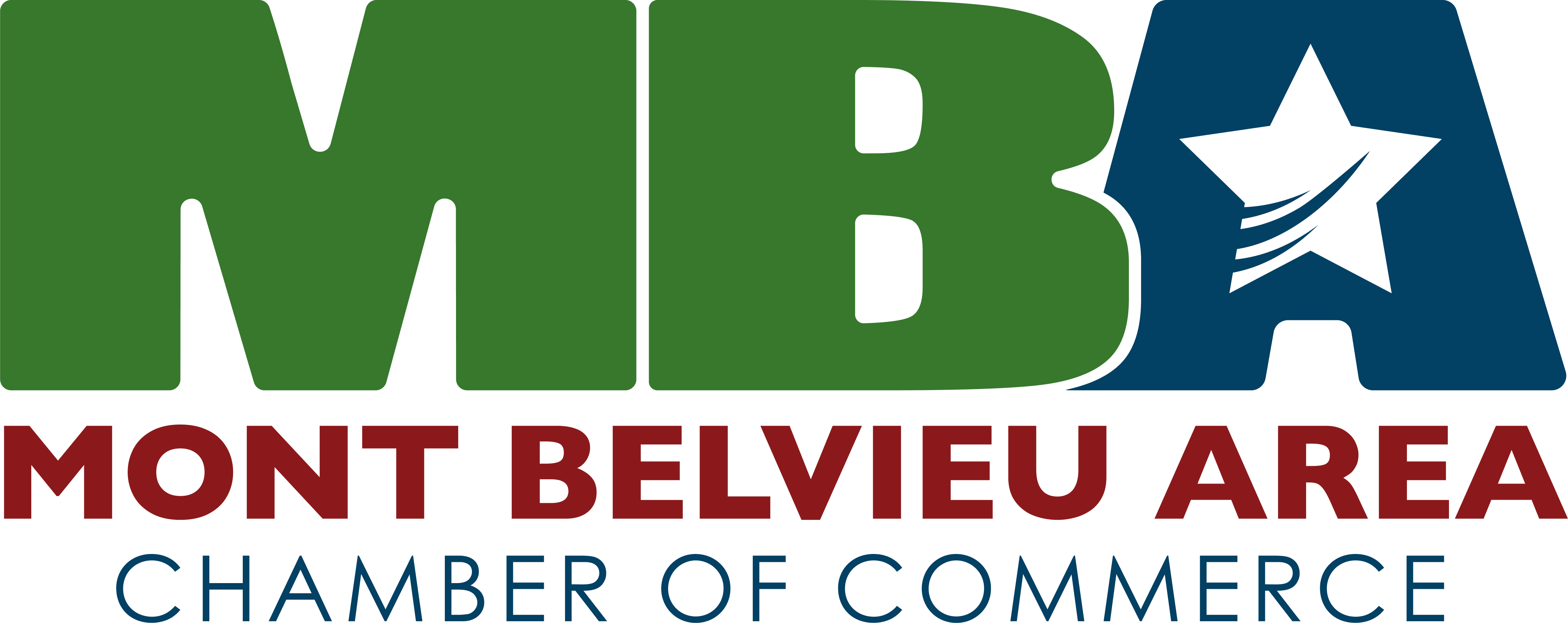-
10 Common Mistakes New Small Business Owners Make (and How to Dodge Them)
November 06, 2025Launching a new business in Mont Belvieu or anywhere else feels exhilarating — until reality reminds you that enthusiasm alone doesn’t pay the bills. Many first-time business owners jump in with passion but stumble over preventable missteps. Let’s unpack the most common pitfalls — and how to sidestep them before they sidetrack you.
TL;DR
New small business owners often misjudge cash flow, overextend on marketing, or neglect legal and operational basics.
To stay ahead:Build a lean plan.
Track your finances weekly.
Use digital systems to streamline operations.
Know your contracts and compliance rules.
Stay adaptable.
Overestimating Early Demand
Too many new entrepreneurs imagine customers lining up the moment they open. It rarely works that way. Test your idea first — run small ads, offer pre-orders, or host a soft launch. SCORE’s Startup Roadmap can help you gauge traction without burning capital.
Ignoring Cash Flow
Profit is theory; cash is survival. New owners often forget that invoices don’t mean income until they’re paid. Tools like QuickBooks Online or Wave Accounting can automate reminders and show you when money is really moving.
Neglecting Local Relationships
In communities like Mont Belvieu, reputation spreads fast. Partner with local chambers (yes, yours!), sponsor youth programs, or join a networking breakfast. Platforms like Alignable are great for meeting nearby business owners and building trust early.
Skipping Written Agreements
Handshake deals might feel friendly — until someone forgets the details. Relying on manual paperwork like printed contracts and scanned signatures slows you down and adds risk. Instead, go digital.
By using electronic signatures, you can streamline operations, stay compliant, and look more professional. If you’re not sure where to start, here’s a solution that lets you manage agreements quickly and securely.
How to Avoid Financial Missteps
Step
Action
Why It Matters
1
Separate personal and business accounts
Simplifies taxes and bookkeeping
2
Create a 3-month expense buffer
Reduces panic during slow months
3
Review expenses weekly
Keeps costs under control
4
Track receivables and payables
Prevents “surprise” shortfalls
5
Consult a CPA quarterly
Helps identify tax-saving opportunities
Use free budgeting tools like FreshBooks or Xero to make this painless.
Doing Everything Alone
The “I’ll just do it myself” mindset burns out even the most capable founders. Outsource or delegate tasks early — whether through Upwork for short-term help or local accountants and marketing consultants. Focus on the work that drives revenue.
Neglecting Marketing Consistency
Marketing isn’t a one-time event. Build a schedule: email campaigns every two weeks, monthly social updates, quarterly local events. Use tools like HubSpot CRM to track leads and stay visible.
Pro Tip: Spotlight Resource
Featured Tool: Mailchimp
Why it matters: Email marketing remains one of the most cost-effective ways to engage loyal customers. It helps automate follow-ups, seasonal promotions, and surveys — keeping your audience warm without constant manual effort.
Forgetting Legal and Compliance Basics
Skipping business registration or failing to get the right permits can lead to headaches later. Check state requirements via the Texas Secretary of State and confirm zoning or signage rules locally before signing leases.
Poor Hiring Practices
Hiring friends or rushing to fill roles without clear job descriptions often backfires. Instead, use job templates from Indeed’s Hiring Resources and focus on cultural fit and clear performance expectations.
Avoiding Technology
Many small business owners resist adopting digital tools — a costly mistake in a world that rewards efficiency. Whether it’s project management via Trello or customer tracking with Zoho CRM, the right tech stack can save hours weekly.
Not Tracking Progress
What you don’t measure, you can’t improve. Review your monthly sales, expenses, and marketing metrics. Use dashboards or even simple spreadsheets. Staying aware is half the battle.
FAQ: New Business Owner Edition
Q: How much should I save before launching?
A: Aim for 6–12 months of personal and business expenses combined. It’s your buffer against uncertainty.Q: Do I really need a business plan?
A: Yes, but it doesn’t have to be long. A one-page plan from LivePlan or even Google Docs helps clarify goals and funding needs.Q: What’s the most overlooked cost?
A: Insurance. Liability and property coverage are easy to forget until it’s too late — check The Hartford’s small business resources for guidance.
Building a successful small business isn’t about avoiding all mistakes — it’s about learning fast and adjusting faster. With structure, clarity, and smart digital habits, you’ll set your Mont Belvieu venture up for resilience, not just revenue.
Remember: Every smart system you build now — from bookkeeping to contracts — buys back your time later.
-
CONNECT. IMPACT. PROSPER.

